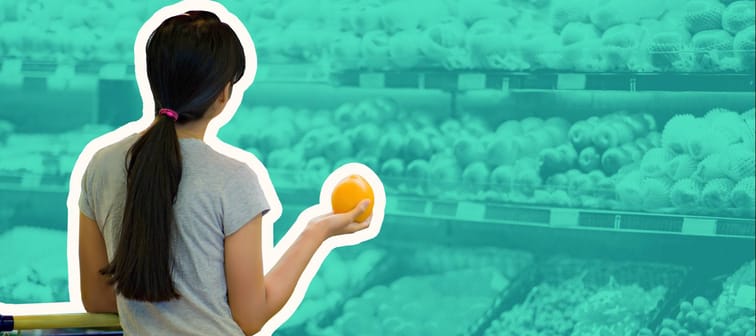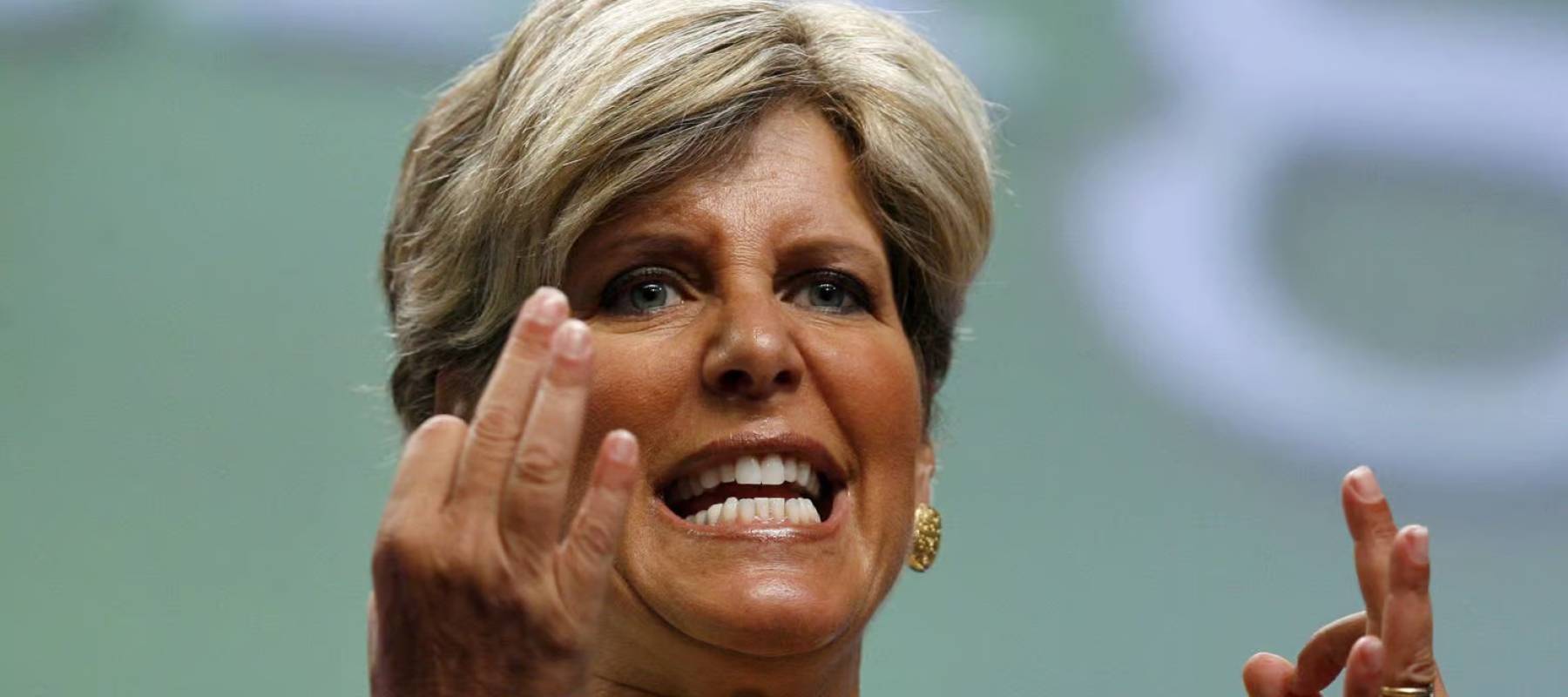Four-in-five Canadians say they cut spending
Data from the non-profit Angus Reid Institute, published on Aug. 22, showed that four-in-five Canadians polled say they have cut spending in recent months. The key areas they’ve cut are discretionary spending, delaying major purchases, driving less, scaling back travel and charitable donations, and deferring saving for the future.
The poll suggests that about 52% of Canadians say they couldn’t manage a sudden expense of more than $1,000. In addition, 38% said a surprise bonus of $5,000 would be used to mitigate debt.
Also, two-in-five (41%) are driving less, which isn’t surprising, considering gas prices rose 35.6% year-over-year in July.
Empower your investments with Qtrade
Discover Qtrade's award-winning platform and take control of your financial future. With user-friendly tools, expert insights, and low fees, investing has never been easier.
Start Trading TodayCanadians looking for sales more
High gas and energy prices aren’t just impacting consumers. The Canadian Dairy Commission (CDC) found higher production costs lead to a milk price increase of at least 8.4% (the largest increase to date).
“I would say that dairy’s market is pricing itself out of the market, because some dairy alternatives are becoming cheaper,” says Sylvain Charlebois, a professor at Dalhousie University and director of its Agri-Food Analytics Lab.
“When you look at the price of dairy alternatives, most of them are actually much cheaper than dairy and milk.”
Milk is not the only grocery item thas has seen an increase. The price of eggs is up 15.8% and fresh fruit is up 11.7% since last year.
Rising food prices have also pushed Canadians to change their grocery shopping habits.
The federal agency’s figures show sales at food and beverage stores fell 1.1% in June after sales at supermarkets and other grocery stores went down by 0.8% and beer, wine and liquor stores lost 2.9%. This is probably why Canadians are opting for more non-traditional outlets such as the dollar store.
“We're seeing an increase in sales at dollar stores, at discount stores as well. People are recognising that you can actually save quite significantly if you just change address,” Charlebois said.
The NielsenIQ Thought Leadership - Inflation Report also shows that sales at dollar stores have increased by 18 per cent since March.
A study by NielsenIQ suggests that consumers in both Canada and the U.S. are making more trips to the grocery store in the second quarter, but spending less than the first quarter. The data company suggests this is an indication of a desire to capitalize on deals and minimize overall spend.
Did we peak on food inflation?
For Charlebois, the good news is that food inflation appears to have peaked.
While this may push groceries bills to ease, the professor says the July Consumer Price Index report is “pointing to calmer seas ahead” and that it may take months for a downward change to materialize.
The fall in food prices is happening on a global scale as well. The United Nations' Food Agricultural Organization (FAO) published a report saying that there is a major fall in global food prices for July, but future supply worries remain.
FAO’s price index, which measures food prices around the world, saw a 13.3 points drop in July, the steepest since October 2008.
However, food prices are still higher than they were in July 2021, up by 16.4 points.
Unexpected vet bills don’t have to break the bank
Life with pets is unpredictable, but there are ways to prepare for the unexpected.
Fetch Insurance offers coverage for treatment of accidents, illnesses, prescriptions drugs, emergency care and more.
Plus, their optional wellness plan covers things like routine vet trips, grooming and training costs, if you want to give your pet the all-star treatment while you protect your bank account.
Get A QuoteCanadians careful with their spending
Even if Canadians are starting to cut back on spending in certain areas, they aren’t cutting their budgets entirely.
“I think there's still a lot of capacity to keep spending going. And that's because we had so much stocked away over the past two years,” said Pedro Antunes, the chief economist and primary spokesperson at The Conference Board of Canada. “The financial situation for most households is still pretty good despite all these challenges.”
Despite inflationary pressures, an RBC poll suggests that Canadians are being more decerning with their spending. Their report suggests Canadians currently spend 30% of their budget on small businesses and 65% report that they have done business with a small business in-person or online within the last month.
As Canadians plan vacations and travels, the battle with inflation continues.
After staying put due to COVID-19 travel restrictions, Canadian were excited to travel internationally this summer, with a surge in passport applications.
Service Canada received more than 808,000 applications from April 1 to the end of June, surpassing about 166,000 applications during the same period in 2019. Meanwhile, Statistics Canada reported that Canadians paid 25.5% more in airfare in July. Likewise, July accommodation prices rose 47.8% year over year, with Ontario seeing the most dramatic increase: 70%.
With the rising cost of travel it is no surprise that Canadians adjusted their spending plans. The recent Angus Reid survey suggests that 32% of Canadians have canceled or scaled back planned travel as a result of rising costs.
Trade Smarter, Today
Build your own investment portfolio with the CIBC Investor's Edge online and mobile trading platform and enjoy low commissions. Get 100 free trades and $200 or more cash back until March 31, 2025.








